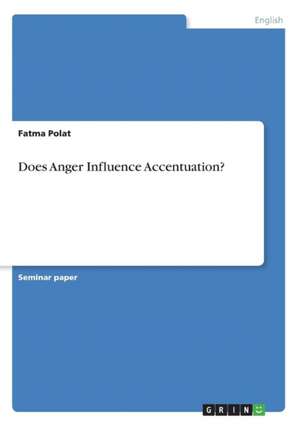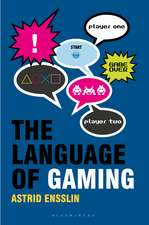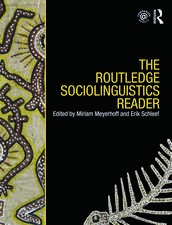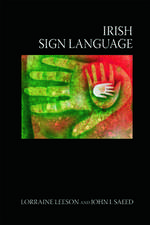Does Anger Influence Accentuation?
Autor Fatma Polaten Limba Engleză Paperback – feb 2017
Preț: 84.14 lei
Nou
Puncte Express: 126
Preț estimativ în valută:
16.10€ • 16.75$ • 13.29£
16.10€ • 16.75$ • 13.29£
Carte tipărită la comandă
Livrare economică 11-17 aprilie
Preluare comenzi: 021 569.72.76
Specificații
ISBN-13: 9783668318465
ISBN-10: 3668318468
Pagini: 36
Dimensiuni: 148 x 210 x 2 mm
Greutate: 0.07 kg
Ediția:1. Auflage
Editura: GRIN Publishing
ISBN-10: 3668318468
Pagini: 36
Dimensiuni: 148 x 210 x 2 mm
Greutate: 0.07 kg
Ediția:1. Auflage
Editura: GRIN Publishing













